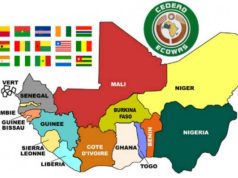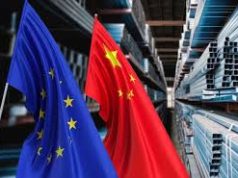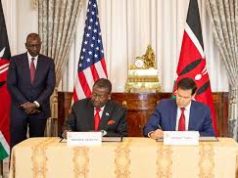Senator Jimoh Ibrahim , representing Ondo South Senatorial District and Chairman/CEO of Global Fleet Group, has emphasized the critical role of data-driven strategies in accelerating Africa’s economic growth. Speaking at the sidelines of the ongoing IMF/World Bank Spring Meetings in Washington DC, Ibrahim urged global financial institutions to leverage data for sustainable development across the continent.
Highlighting data as a cornerstone of economic and political progress, Ibrahim stated, “Without data, no one can effectively reduce crime, combat poverty, or run efficient governments.” He stressed that accurate population data and individual identity systems are essential for capturing citizen information, while currency data enables central banks to plan effectively.
Why Data Matters
Ibrahim outlined the importance of data across sectors:
- Electoral Data : To understand public participation and address gaps in political engagement.
- Economic Planning : To ensure informed decisions based on empirical evidence rather than assumptions.
“Every sector of the economy requires data,” he warned. “If action isn’t taken now, in five years, it will be impossible to govern without robust data systems.”
A Call for Investment
The senator advocated for a bold commitment, urging African nations to allocate 15% of their budgets to technology-powered data initiatives over the next decade. He argued that Africa’s development is unattainable without prioritizing data infrastructure.
Addressing the IMF, Ibrahim criticized projections made without adequate empirical data, stating, “You cannot guess Africa’s economic outlook. Insist on credible data before granting loans.” He further challenged the IMF to lend only to African countries with established data banks , ensuring accountability and measurable progress.
Nigeria’s Data Bank Initiative
Ibrahim revealed that Nigeria’s proposed Data Bank bill , currently under legislative review, aims to position the country as a leader in data governance. Once passed, the law will create a centralized system where citizens actively contribute to and benefit from national data collection.
He called on the World Bank to support Nigeria’s federal data bank initiative, emphasizing its potential to transform governance and development.
Follow us on Instagram.
https://www.instagram.com/businessnewsng?igsh=ZXpweTdjOGF1ZXdu

























